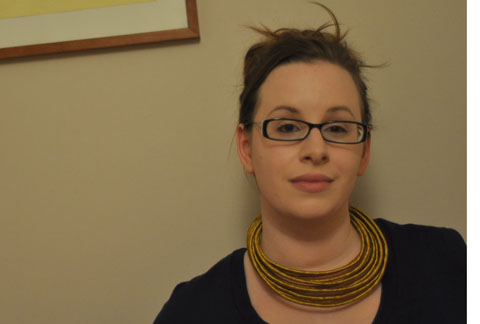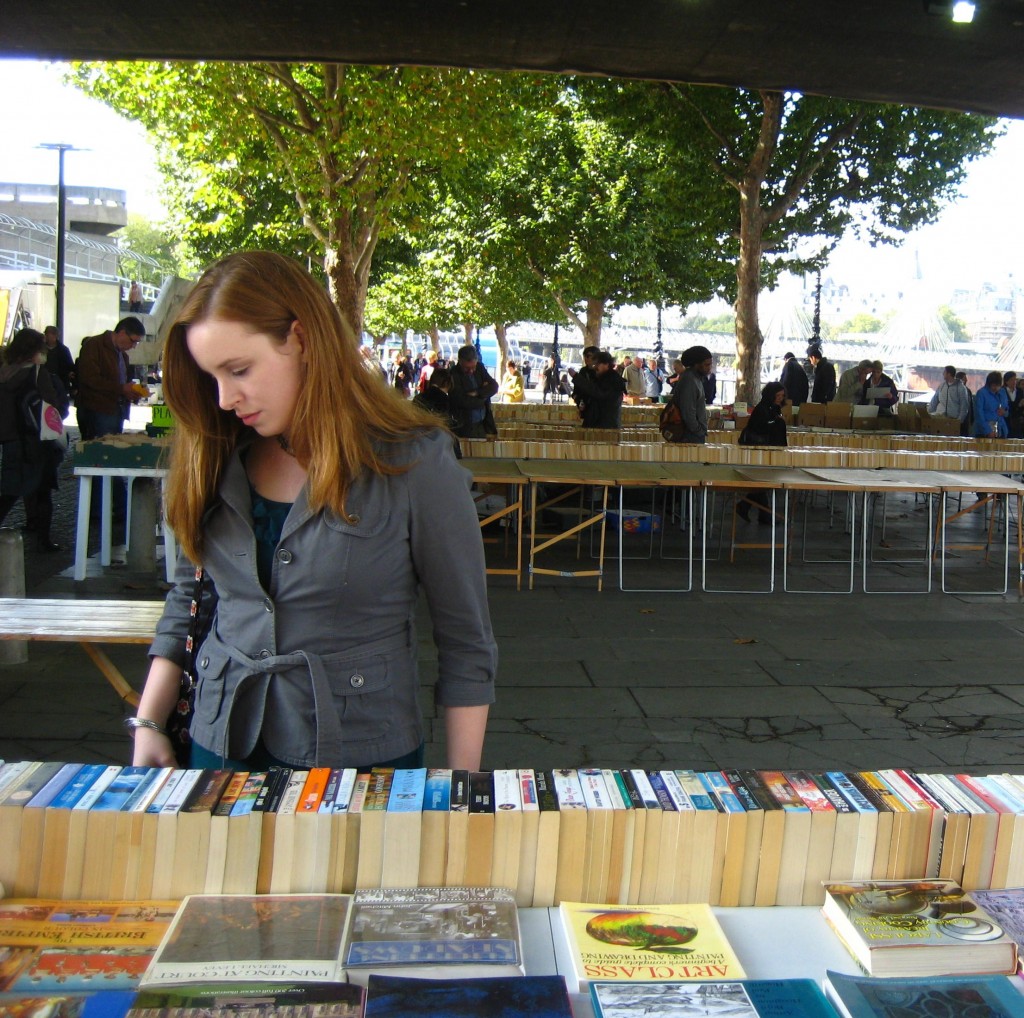Bright, bubbly and full of energy, the American-born and Cardiff-based Christina Thatcher is convinced that creative writing can be an important means of empowerment.
“I’ve always had a really strong drive to do what I do,” she says, referring to her multiple roles as writer, researcher and educator. Among other things, she is the leader of the writing programme at The Gate, the writer-in-residence at the Milkwood Gallery, the Wales representative for Half Moon and the co-facilitator for the Literature Wales Young People’s Writing Squad.
Christina also runs two literary open-mic events, Voices of Roath and My Words My Voice.
Her main passion lies with working with at-risk youth and children. She has run creative writing workshops from gang-riddled neighbourhoods in Philadelphia to the streets of Merthyr Tydfil. “I’ve never had a negative experience,” she says. “If you tell someone ‘you’re going to have a voice and I’m going to listen’, it’s totally empowering for them. Even the most disengaged teenager will engage with that.”
A troubled journey
Christina may be successful in her chosen career, but life has not always been a bed of roses. Growing up in the US, her home life was unhappy and she struggled with literacy in her early years of kindergarten. “One of my teachers told me I would probably never learn to read which is a bit crazy,” she laughs.
Comments like that only made her more determined and gave her a drive from a young age to start reading and writing. She worked hard and began to use writing as a form of escapism from family troubles. “I kept my head down and wrote a lot of poetry, stories and journals. It really helped me rise above the circumstances and understand what was going on and how I was feeling about it.”
Her hard work and gritty determination paid off when in 2009, on completion of her US degree in English Literature and Secondary Education, she won an international scholarship to study a Creative Writing MA across the pond in Cardiff.
Pushing the boundaries
Christina’s own writing is a lens that helps her to interpret the world. She writes about childhood trauma, domestic abuse, domesticity, sterility and fear of womanhood. As a happy and optimistic character, she suggests her writing reflects a negativity that she doesn’t portray in her regular life.
“Writing is such an intense part of my life, but I would never just want to be a writer,” she says earnestly. “My own work is equal if not secondary to the work I’m doing with young people and if I had to choose I would always, always pick running workshops and groups, being with the community and making an impact on other people’s lives.”
Christina has had wonderful feedback from her different classes and strong support from her various employers. But in spite of her success, she is adamant that she never wants to feel completely satisfied. “I always want to feel there’s more I can do to help young people and reach out to others,” she says.


